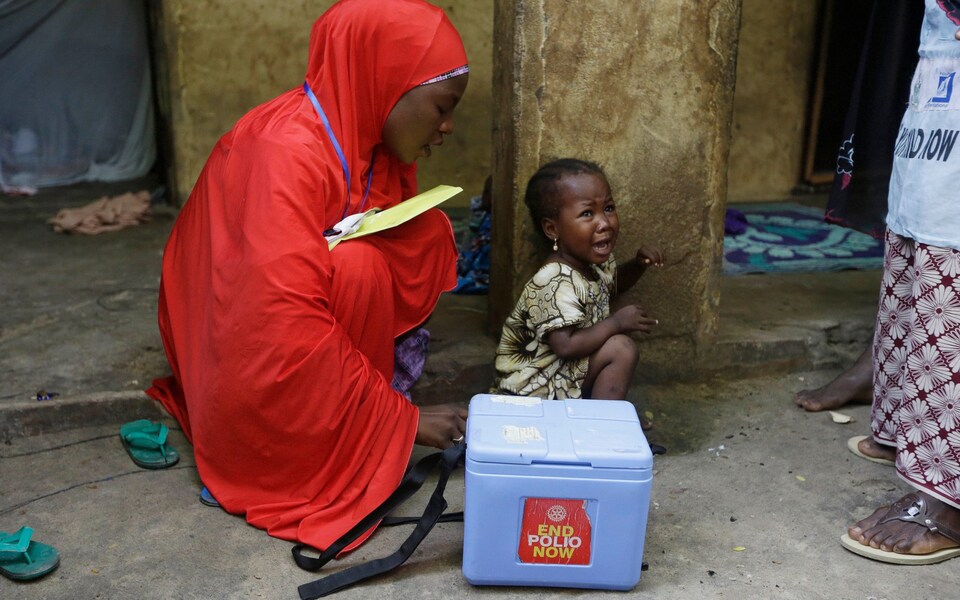
The World Health Organisation has disclosed health authorities in Burundi have detected eight samples of polio.
The detection led to the official declaration of the country’s first outbreak in more than 30 years.
The WHO Regional Director for Africa, Dr Matshidiso Moeti, disclosed this in a statement on Friday.
The disease is transmitted through contaminated water and food, or by contact with an infected person, many do not become seriously ill, but some can go on to develop acute flaccid paralysis.
While the wild-type virus only remains in Afghanistan, Pakistan and Mozambique, these vaccine-derived outbreaks have recently been seen more widely in countries including Madagascar, Malawi, Nigeria, Chad, the Democratic Republic of Congo, Yemen and also the UK and America.
Its early detection is critical in containing a potential outbreak.
Doctors in Burundi said cases were confirmed in an unvaccinated four-year-old boy in the Isale district in the west of the country and two other children who were his contacts.
Burundi’s government has also declared the outbreak a national public health emergency.
It added that it would hold a vaccination campaign for children under seven in the coming weeks.
“Additionally, five samples from environmental surveillance of wastewater confirmed the presence of the circulating poliovirus type 2.
“The detection of the circulating poliovirus type 2 shows the effectiveness of the country’s disease surveillance,”
“Polio is highly infectious and timely action is critical in protecting children through effective vaccination.
“We are supporting the national efforts to ramp up polio vaccination to ensure that no child is missed and faces no risk of polio’s debilitating impact,” Moeti said.
Health officials said the Burundi cases were vaccine-derived type 2 poliovirus.
This occurs when the weakened virus used in polio drops circulates for long periods among those who have not been immunised and mutates to become harmful again.
However, the WHO, health authorities and the Global Polio Eradication Initiative partners have commenced investigations on the epidemiology of the limited outbreak, including risk assessments to ensure containment.











